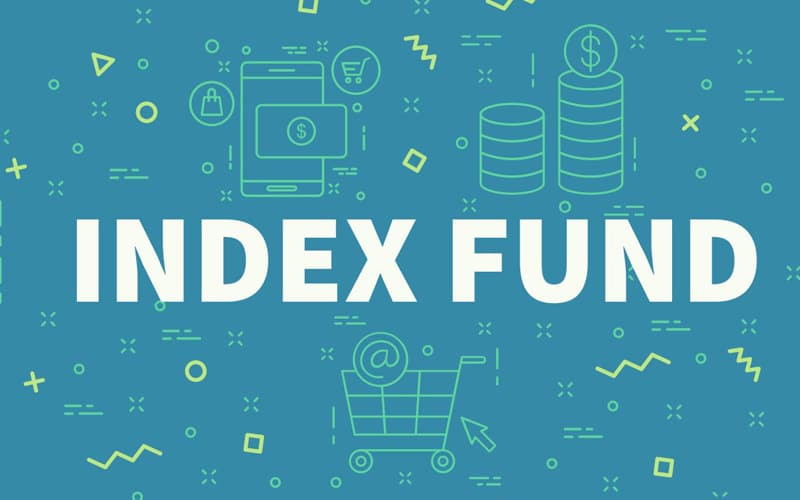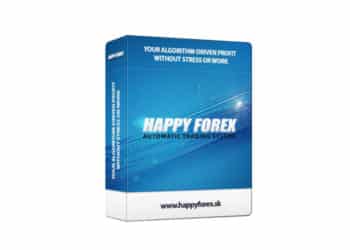What is an index fund?
An Index Fund refers to an Exchange Traded Fund (ETF) or mutual fund designed to track or match the investment results of a specific market index. It can include either bonds or stocks inside a portfolio. Generally considered as an ideal core of retirement account portfolios, such as IRAs and 401k accounts, an Index fund generally provides broad market exposure, low portfolio turnover, and has low operating expenses associated with it.
The term “indexing” was is a kind of passive fund management. The main difference here is that fund managers build a portfolio consisting of holdings that mirror securities belonging to a particular index. The main aim of an index fund is to match the performance of a particular index in the market.
Almost every financial market in existence has an index and an index fund. For instance, the S&P 500 is the most popular index fund in the U.S. Wilshire 5000: It is the largest U.S. equities index.
- S&P 500: It is one of the biggest and most used stock market indices used. It tracks the stocks of 500 large-cap U.S. based companies. It reports the risks and returns of the biggest companies, thereby providing a way to measure the stock market’s performance. Investors generally use it as a benchmark for comparing all other investments in the overall market.
- Russel 2000: This index consists of 2000 small-cap company stocks with significant technological potential.
- NASDAQ composite: It consists of almost 3000 information technology stocks trading on the Nasdaq exchange. With the FAANG company on the front page.
- MSCI EAFE: It consists of foreign stocks mostly from Australasia, Europe, and the far East
- Dow Jones Industrial Average or DJIA: It is an index that consists of 30 of the large-cap companies. Created in 1896, it served as a proxy for the broader U.S. economy.
- U.S. Aggregate Bonds or the Bloomberg Barclays U.S. Aggregate Bond Index: It is a market capitalization-weighted bond market index with a broad base. It represents intermediate-term investment-grade bonds that trade in the United States.
How does it work?
As mentioned before, indexing is a form of passive management and involves an investment strategy that involves tracking a market-weighted portfolio or index. In order to achieve profitable results, passive portfolio management imitates the investment holdings of a particular index. Under passive management, the creator of an index portfolio would use the same weights as used by each stock listed on the index benchmark. Passive investing in index funds is a conservative approach. In the longterm, it can be more profitable than picking individual stocks to beat the market.
Index funds solve the diversification issue. But you can still diversify among various funds.
Here is the example of a stock portfolio spread across multiple index funds:
- 30% S&P 500 index funds
- 20% Large-cap international index fund
- 10% each of Russel 2000, large-cap international index fund, emerging markets index funds, international small-cap index fund, and real estate fund
Traders can own an index by seeking out an index mutual fund or ETF, combining the entire index into single security or share. An example of an Index Fund would be the Vanguard 500 Index Fund, which tracks the S&P 500. Compared to the index’s 9.5 % return, the index fund posts a one year return of 9.46%. The minimum investment is $3000, and the expense ratio is 0.04% for the admiral shares of this index fund.
How to choose, pick, and buy index funds?
How you choose funds?
Interested traders can purchase an index fund or ETFs from a brokerage or mutual fund company directly.
There are several factors to consider when investing in an index fund, such as
- Trading costs: Traders should consider the amount a broker or fund company charges for selling or buying the index fund, especially if the transaction fee or commission isn’t waived.
- Convenience: Traders should look for a single provider that can accommodate all of their needs and preferences. A mutual fund company can be the best choice for a trader’s investment hub. Alternatively, they can choose a discount broker that can provide them with sophisticated stock screening and research tools.
How you pick an Index?
- Geography: Funds may invest in a combination if international exchange securities or in a particular foreign market. Define the geography of the portfolio before you buy the index fund.
- Company size and capitalization: Index funds can be categorized according to those who track small, medium, or large-sized companies.
- Business sector or industry: Index funds can be categorized according to the industries they focus on. Examples include funds that focus on health-related businesses, technology, consumer goods, etc.
- Asset type: There are index funds that track foreign bonds, domestic bonds, cash, commodities, and equity market.
- Market: Index funds can also be categorized according to markets such as those focused on emerging markets or other growth possibilities.
Benefits for investor
- Lower Costs: The primary advantage that index funds possess over other options is the lower management expense ratio involved. The management expense includes expenses such as taxes, transaction fees, accounting fees, payments to advisors, etc. Since the index fund doesn’t need the services of research analysts and other professionals required by the benchmark index, the expenses are less. Trade fund managers also incur fewer commissions and transaction fees as they trade holdings less often.
- Stable long-term track record: Index funds boast long-term track records. As of June 2020, some of the best performing index funds include Fidelity ZERO Large Cap Index, Vanguard S&P 500 ETF, SPDR S&P 500 ETF Trust, etc.
Disadvantages
- Not flexible: Index fund managers enjoy much less flexibility when compared to managed funds. This is because they must follow strategies and policies to synchronize their performance with a particular index. For instance, index managers have very few options to limit losses if the returns of an index are strongly declining.
- Vulnerable to market swings: Index Fund investing assumes that markets are micro efficient. It reflects this outcome owing to the common mass trading of the constituent stocks of the index with every index fund transaction. It is thus vulnerable to violent market swings and crashes. However, the longterm benefits are undeniable and endorsed by many famous investors, like Warren Buffett or John Bogle.









